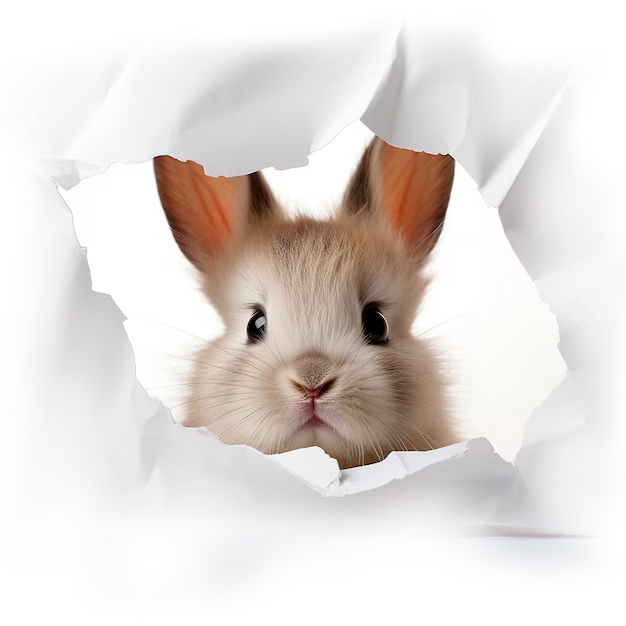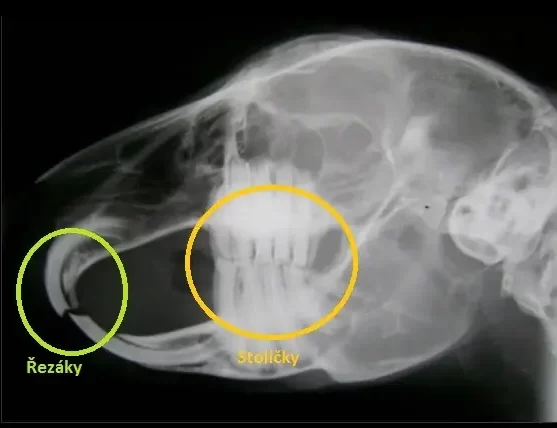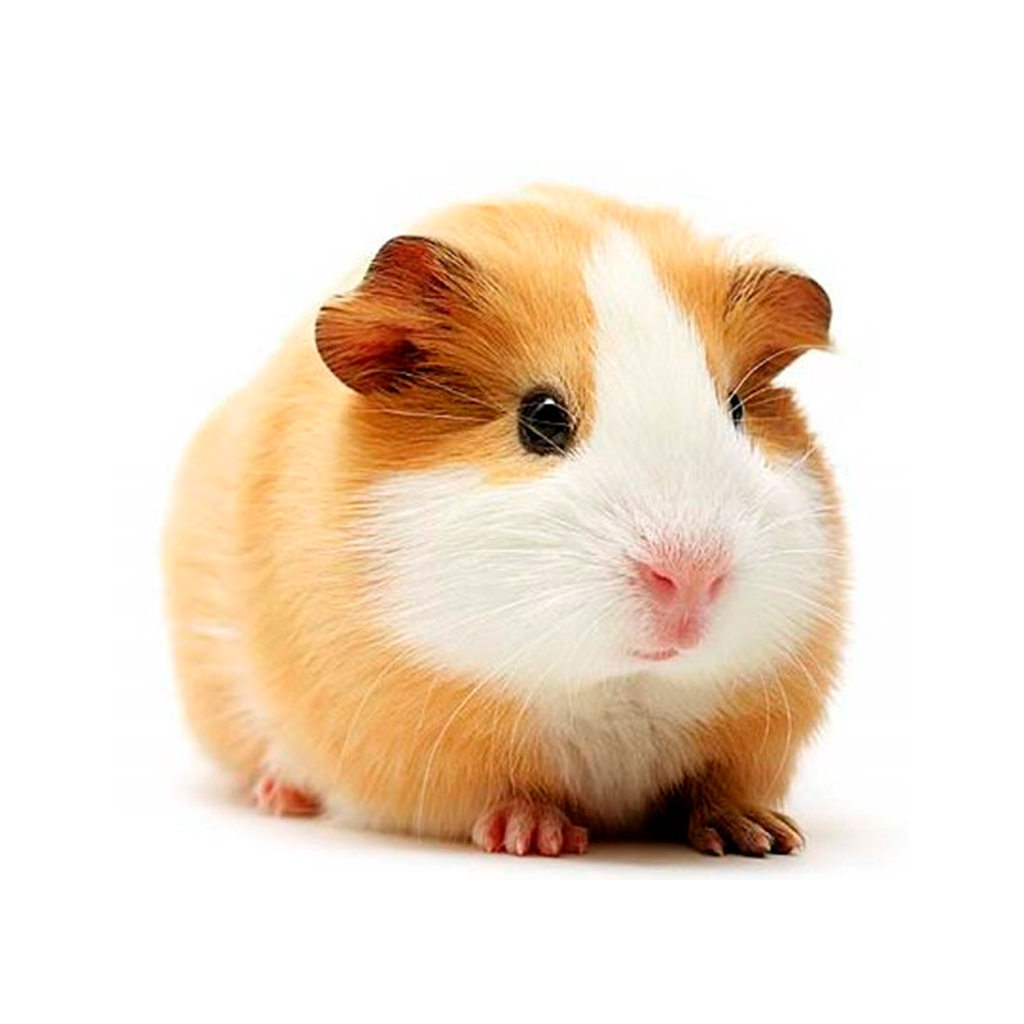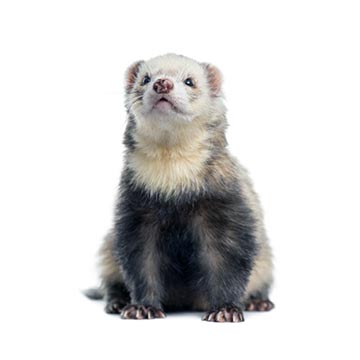Small mammals
Articles that will answer many of your questions.
We have written interesting articles for you that will answer many questions about keeping small mammals.
Do rabbits also have their teeth tear?

The teeth that rabbit owners can check themselves are called incisors, just like in humans. The difference between a rabbit and other small mammals such as guinea pigs, gerbils, hamsters, or chinchillas is that rabbits belong to the order Lagomorpha, not rodents, as many might think.
Behind the upper incisors, there are also small incisors. Both the incisors and the small incisors can experience overgrowth, fractures, or pathological growth. Overgrowth is mainly caused by insufficient wear, but sometimes the tooth growth is so rapid that natural wear is not enough. In such cases, you will visit a veterinary clinic for regular trimming, and if it becomes unbearable, tooth extraction may be offered. As for pathological growth, there isn’t much to discuss, and extraction might be the only option.
How can we recognize pathological growth?
Often, the teeth grow out of the mouth, and your pet starts looking like a saber-toothed tiger. Unfortunately, improper handling can also lead to poor growth, where instead of filing the teeth, they are clipped with pliers. This method is often financially inexpensive, but believe me, instead of providing relief, it will bring your rabbit a lot of trouble and pain.
Another case where the front teeth need to be removed is when the tear ducts become blocked. Instead of the teeth growing outward from the gums, the roots grow deeper into the jaw and gradually compress the duct. In such cases, the rabbit will have eye discharge because the tears cannot naturally drain through the nose.

Are you worried that after the extraction of the incisors, the rabbit won’t have anything to chew?
Don’t worry, everything can be learned; after all, they still have their back teeth to grind food. Usually, rabbits feel such relief that within an hour of the procedure, they’re eating enthusiastically. However, at first, it’s better to cut the vegetables into smaller pieces.
We are proud to be the first rabbit-friendly clinic in the Czech Republic. This means that we create conditions for minimal stress for rabbits and other small mammals. Our approach takes into account their specific needs to ensure that the visit to the clinic is as pleasant as possible.
Are you hesitating about neutering your rabbit, guinea pig, or ferret?
It is either a preventive procedure or, in case of issues, part of the therapy.

Rabbit
When it comes to rabbits, unspayed females are at high risk of developing uterine adenocarcinoma (a tumor). Removing the mass from the abdominal cavity is not such a big issue, but the complication arises with metastasis to the lungs, which makes the tumor inoperable. In female rabbits, the incidence (number of affected animals) is so high that the question is not "If...?" but "When...?". In this case, preventive spaying truly makes sense.

Guinea pig
When it comes to guinea pigs, spaying is recommended to prevent health issues. While guinea pigs are not as prone to uterine cancer as rabbits, they can still face complications like ovarian cysts and reproductive tract infections. Spaying a female guinea pig reduces the risk of these conditions and can also improve overall health, longevity, and behavior. As with rabbits, preventive spaying is a valuable option.

Ferret
Ferrets often suffer from hyperestrogenism, also known as prolonged estrus. High levels of estrogen affect the bone marrow and, consequently, the red blood cells. The main problem is anemia (low red blood cell count). In some cases, the anemia can be so severe that a blood transfusion is required.
The reasons for neutering males are generally similar across all species. These include preventing territorial behavior, unwanted mating, testicular tumors, and other health issues. Preventive neutering is recommended in these cases as well.
Working hours
- Mon – Fri:
- 09:00 - 20:00
- Sat: Closed until further notice
- Sun: Closed
Copyright © 2025 – Veterinární klinika Fénix, all rights reserved.

